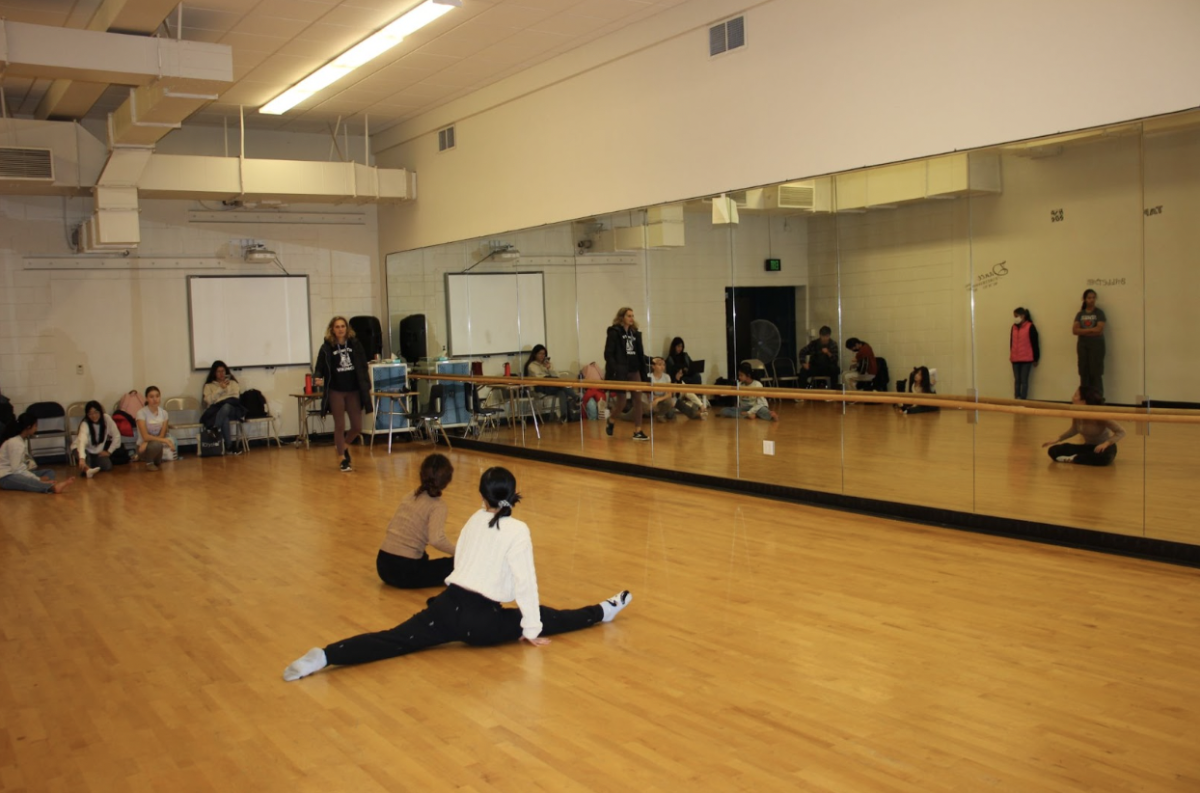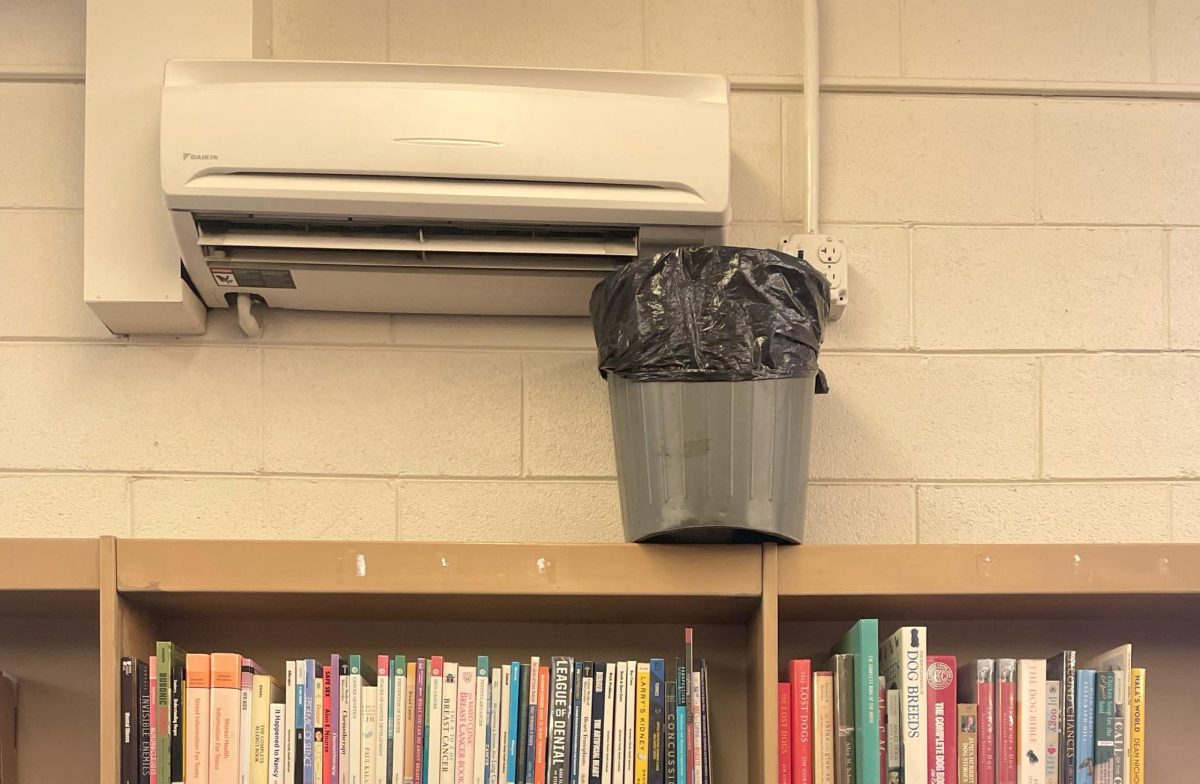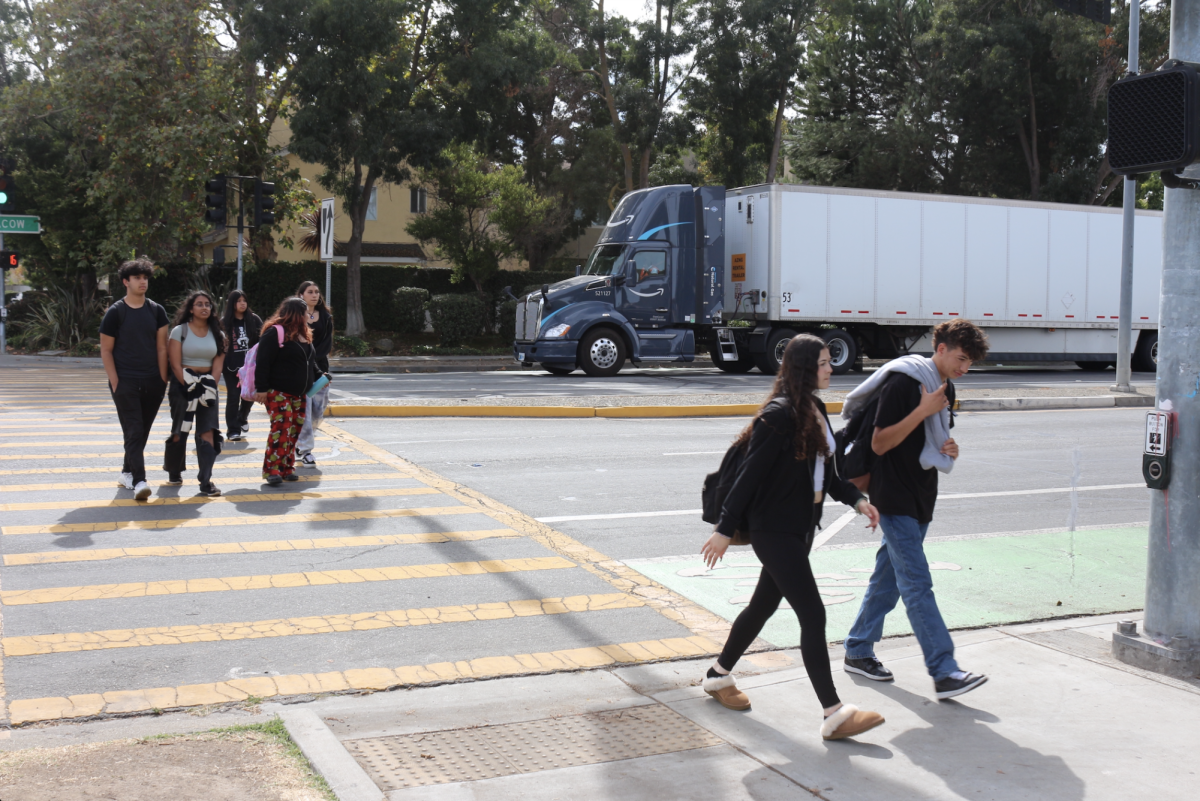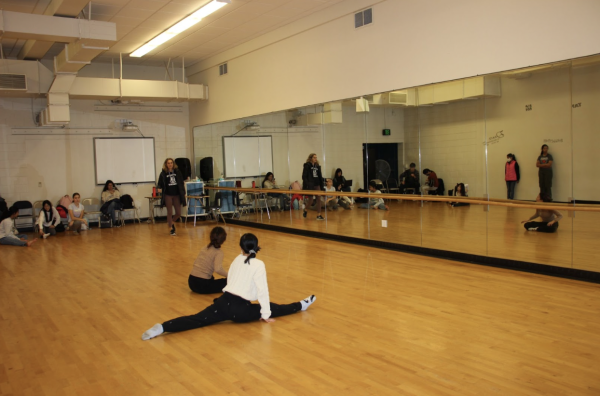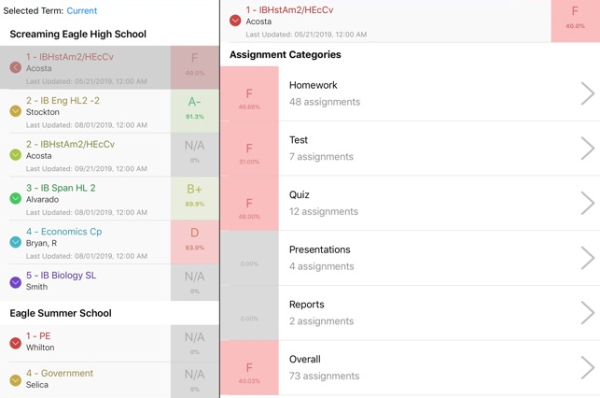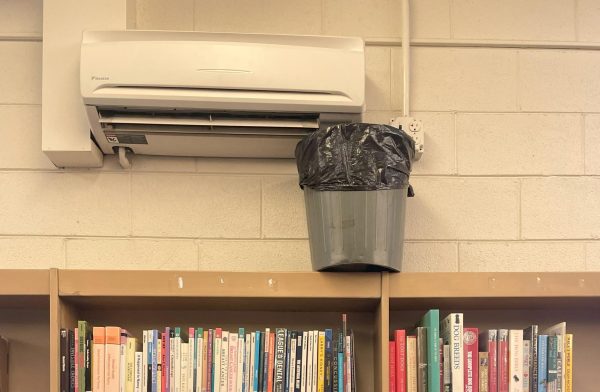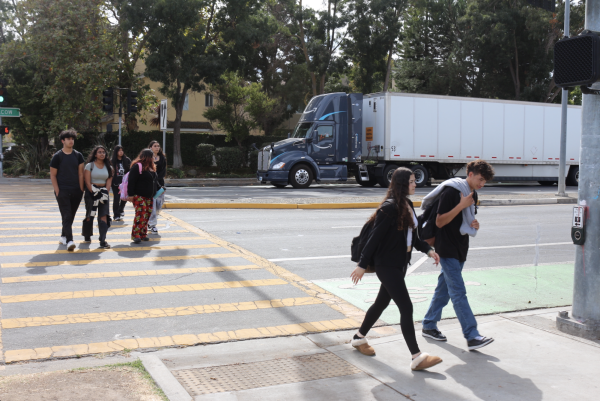Composition of Propositions
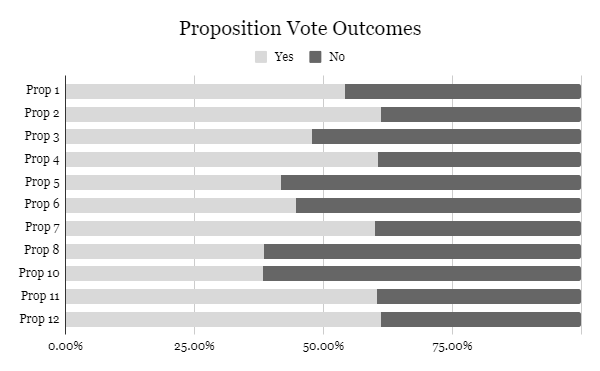
The chart shows the percentage of yes and no votes each proposition got. Information provided by ballotpedia.
November 17, 2018
The upcoming elections were not just for deciding senators and congressmen, but it also held many important measures that will affect California. Out of the eleven accepted propositions listed below, CA voters passed six.
Proposition 1 passed, so the state will sell 4 billion dollars worth of bonds in order to fund the low-income housing and to help pay off the home loans of veterans. The financial impact of yes on this proposition is that it will cost the state to repay about 170 million dollars annually for the next 35 years in order to recoup the bonds.
Proposition 2 was passed and lets the state use county mental health funds to pay for housing for the homeless with mental health issues. Fiscally, the state will use $ 140 million a year to repay debts up to $2 billion in bonds.
Since it was rejected, Proposition 3 will not have any effect. California is not allowed to use $8.887 billion of general bonds to fund infrastructure, water and environmental projects. The argument against it is that it is not likely to produce more water and the interest on the bonds will cost too much money to repay.
Proposition 4 was passed and uses $1.4 billion in bonds to be used to expand renovate and equip 13 children hospitals. In the Bay Area, UCSF Benioff Children’s Hospital & Lucile Packard Children’s Hospital are the ones that receive some of the funding. The fiscal impact of this proposition is that it costs the taxpayers $2.9 billion over the course of 35 years.
Proposition 5’s goal was to reform the property tax system so that People above 55 would be eligible for property tax savings when they move. Effectively, they would not have to get their homes re-evaluated even if they move to a home of higher value. Currently, no tax-revaluation is needed only if the house is of lower or equal value. But since it was rejected, these changes will not take effect.
Proposition 6 would have abolished fuel and vehicle taxes recently passed, additionally, it would have eliminated some transportation and road repair projects. This proposition would have lowered tax revenue for California by close $2.9 billion by 2019 and $5 billion from 2020 to 2021. Since it was rejected, the tax stays in place.
Proposition 7 authorizes the legislature to enforce a permanent daylight saving time if the federal government enforces it nationally. Since it was passed, the proposition allows the California State Legislature to change the daylight saving time periods by a two-third vote as well as allowing permanent daylight saving time.
Proposition 8 requires dialysis clinics to refund revenue that was over 115% of the patient’s costs. Since it was not passed, the clinics do not need to refund the patient for the revenue that exceeds 115% of their healthcare. This will allow clinics to stay open, widespread, and in convenient distances from patients in every town because of the high revenue they receive to pay off the high taxes.
Proposition 9 asked the California government to write a petition to Congress in order to divide the state into California, Northern California, and Southern California. However, this proposition was eventually removed by the California Supreme Court.
Proposition 10 is a local rent control initiative that allows the government to control the rent prices on any type of housing. Since this proposition was not passed it will continue to prohibit local governments from interfering with the cost of rental housing.
Proposition 11 allows ambulance providers to remain on duty in downtime. Since this was passed, this proposition will allow workers to be on call during breaks, require additional training for EMTs and paramedics, and require EMTs and paramedics with some paid mental health service.
Proposition 12 bans the sale of meat of animals that are kept in spaces below a specific size. This proposition has been passed and will put into place a minimum required space based on square feet for animals and ban sales of meat from animals occupying a space below the requirement.



